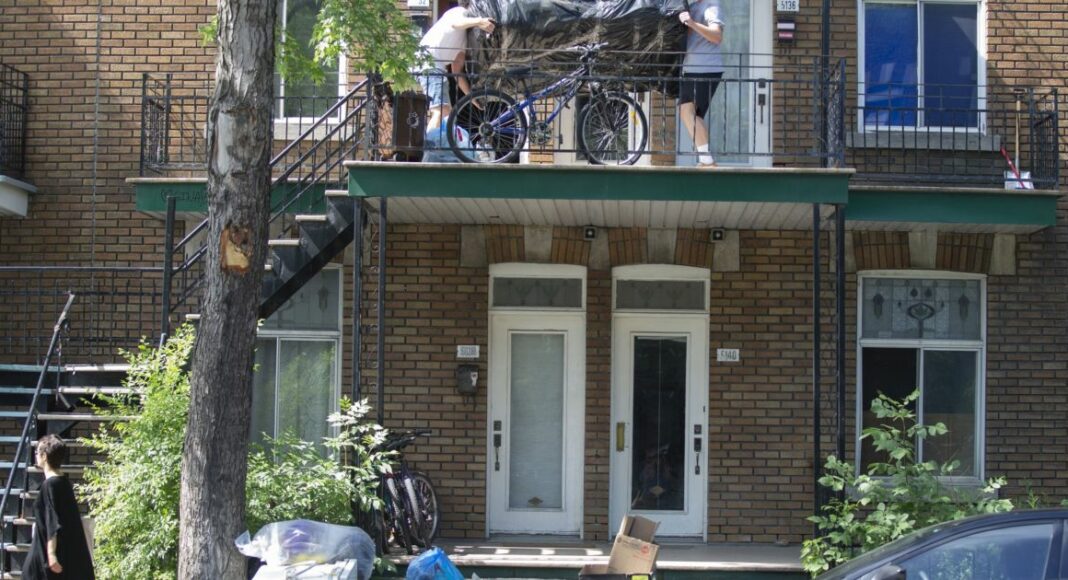At 6.8 percent, inflation is the highest since January 1991 and exceeds the median estimate of 6.7 percent in a Bloomberg survey of economists.
Canadian consumer price inflation accelerated to a three-decade high, adding pressure on the nation’s central bank to continue with aggressive interest rate hikes in coming weeks.
Annual inflation rose to 6.8% last month, up from 6.7% in February, Statistics Canada reported Wednesday in Ottawa. That’s the highest since January 1991 and exceeds the median estimate of 6.7% in a Bloomberg survey of economists.
The average of core measures — often seen as a better indicator of underlying price pressures — rose to 4.23%, the highest since 1990.
The market’s reaction was muted, with the benchmark two-year yield briefly rising as high as 2.825% before falling back below 2.8%. The loonie was trading at C$1.2816 per U.S. dollar as of 8:44 a.m. Ottawa time, little changed from Tuesday’s close.
The report shows inflation pressures continue to be stronger than policy makers had been anticipating, raising the urgency for Governor Tiff Macklem to quickly withdraw stimulus from an overheating economy. Investors see a second half-percentage point increase at its next meeting on June 1, after officials delivered a jumbo hike last month.
Shelter costs were a leading driver for price gains in April, while prices for gasoline declined slightly. Food prices also continue to rise quickly, gaining 8.8% on an annual basis in April. Prices for food purchased from stores is up 9.7% from a year ago, the fastest gain since 1981.
There were some sign of easing pressures on a month-over-month basis, even though gains continue to be historically high. In April, prices rose 0.6%, versus expectations for a 0.5% gain, but down from 1.4% in March.
The 6.8% reading, though, may not represent the peak of annual price gains, given that gasoline prices have picked up since last month, with some economists speculating inflation could surpass 7%.
There are also signs that imported inflation continues to spill over into domestic price gains, with the cost of services rising 4.6% from a year earlier, the fastest pace since 1991.
The inflation surge has made the Bank of Canada a target of criticism, with some politicians criticizing Macklem for moving too slowly.
The central bank has consistently failed to anticipate the growing inflationary pressures, putting it well behind the curve on interest rates. In its quarterly forecasts last month, the central bank forecast inflation would average 5.7% in the first half of 2022.
Higher-than-expected inflation this year may also mean that any easing of price pressures will be more prolonged than initially believed.
(Updates with market reaction in fourth paragraph)



